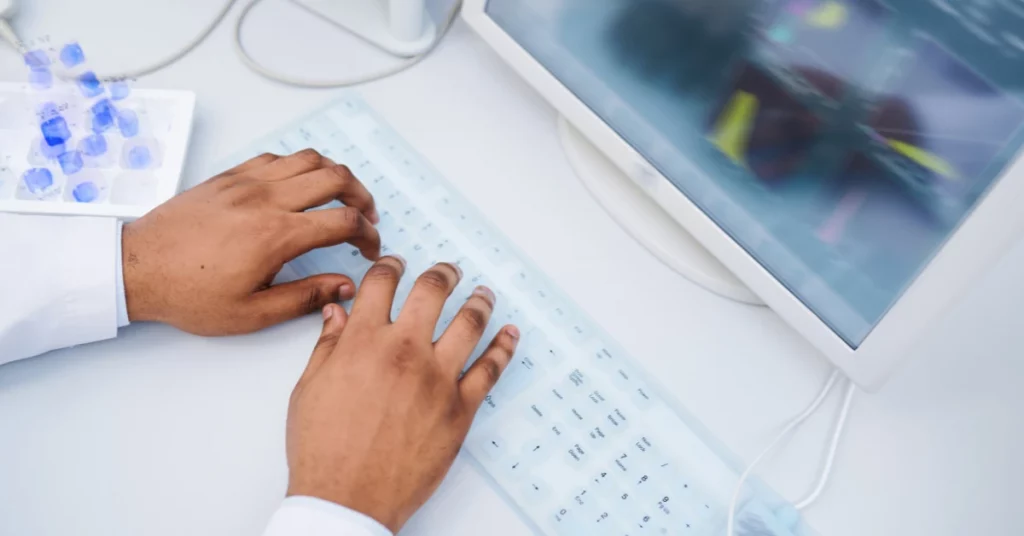Genetic testing is part of the medical screening that takes place before your donor will complete an egg retrieval cycle. We went to genetic counselor Amy Vance for her Expert Opinion.
Why does my egg donor need a genetics consult with a genetic counselor if she filled out her family history on a profile?
AV: Ovum donors are typically screened with family history assessment and genetic carrier screening prior to donation to ensure they meet the American Society of Reproductive Medicine (ASRM) criteria for gamete donation. These criteria are meant to guide clinics and agencies regarding donor acceptability. Family history screening most commonly occurs through the use of a questionnaire, usually focusing on first-degree relatives and grandparents. The questionnaire used varies by agency and is not standardized. Genetic Counselors are trained medical professionals with expertise in taking and analyzing a detailed family history.
What health issues should I avoid when choosing a donor?
AV: American Society of Reproductive Medicine (ASRM) has written criteria for gamete donor family history. The genetic counselor will use these criteria to evaluate the family history of each donor objectively. The ASRM guidelines say: donors and their first-degree relatives (offspring, parents, siblings) should be free from the following: major malformation with multifactorial or polygenic inheritance, known chromosome abnormalities, and mental retardation of unknown etiology.
A complete three-generation pedigree will help determine if there are any known or suspected major Mendelian disorders or conditions with variable expressivity and/or incomplete penetrance, which may put donor-conceived offspring at an increased risk of being affected.
If such a condition were identified, the recipient would be informed of the risks so that they can make an informed decision regarding use of that donor, or the applicant may be excluded from participating in the donor program if the donor clearly doesn’t meet the guidelines. There are many conditions which don’t clearly fit into the guidelines, such as mental health issues, ADHD, autoimmune disease, etc. These common diseases have a genetic component and there would be an increased risk to offspring, but whether they are considered ‘significant’ is subjective and is up to the intended parents to decide. For example, some people are very concerned about allergies or asthma because they value pets while others are not concerned about ADHD or mental health issues because they have experience with those in their own family and feel comfortable handling those issues should they arise. Other people want to avoid any cases of cancer in a donor’s family because they have had negative experiences with cancer in their family however most cases of cancer aren’t related to single genes.
Why don’t first time donors have a genetic screening before a match?
AV: Ideally, all donors would have a genetics consultation (family history review by a genetic counselor) and genetic screening before a match.
The reality is that with the exception of in-house donor programs, most agencies have more donors than will ultimately be matched, and it is a cost issue for agencies. In-house donor screening is paid for by the clinic. Usually agency donors are matched first and then costs are paid by the intended parent, so until a match has occurred, testing and genetic counseling aren’t done.


